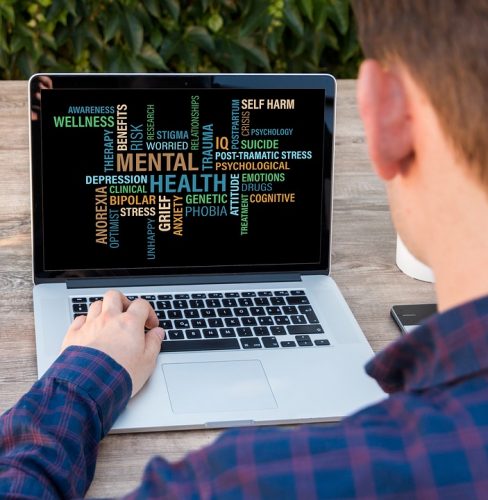
Art comes in innumerable forms. As explained by Douglas Mitchell, LMFT, “There are various uses for art therapy with regards to healing, but the benefits may surprise you if you’ve never heard of art as a form of therapy.” It has been long defined by so many different people, in so many different ways. Countless purposes have been enumerated. And today, one emerging purpose continuously being explored is to heal.
“Mental health includes our emotional, psychological, and social well-being. It affects how we think, feel, and act.” Catherine Cleveland M.S., LMHC-P said. Mental health is an aspect that is now being given attention and importance. It has been a very sensitive topic that has been avoided for so long. Further, mental health has been a deeply misunderstood condition, often, given a direct relation to mental hospitals and craziness.
Very similar to art, mental health gives rise to different meanings for different people. It may be as complicated as shaking and screaming at the sight of something that triggers a miserable memory. Or, it may be as familiar as not having the motivation to get out of bed in the morning. Mental Health is indeed a very complicated subject that cannot be easily interpreted.
And now, the question is, how can we heal it? How can we restore a healthy mental state? Is such thing possible? We must understand first that it is different for many people. As we’ve read in many BetterHelp articles, what may work for some may not work for others. That this is the way a person copes, while this utterly alien technique is how another person copes. And that it is fine.
Rising to quick judgments about this will not truly help the person. In fact, it may just discourage that person. We must understand that we have been endowed with different minds, that we all think in our own unique ways–in our personal capacities and speeds. And that there is nothing we can do about it but to embrace it–to develop it.
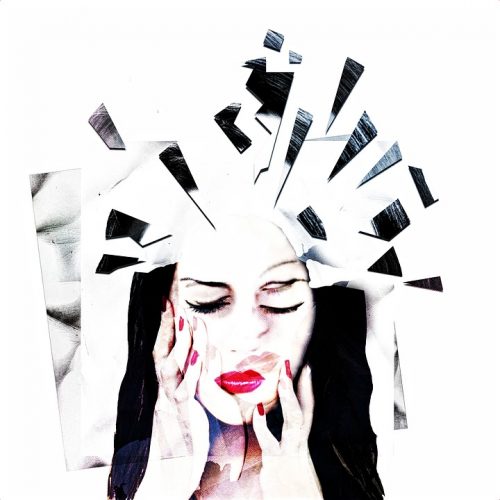
Art And Mental Health: Connected
Now, how can we connect art and mental health? In 2004, “creativity in counseling” was finally formalized within the American Counseling Association (ACA) as its 19th Division. This formalization gave birth to the Association for Creativity in Counseling (ACC). But long before this event, creative approaches to treatment have been applied by so many psychiatrists and counselors. And this exploration has led to improved communication, authentic self-expression and helped establish human potential.
In addition to this, group therapy is emerging as an efficient way for people to heal. The addition of several fresh perspectives from people with similar experiences helps patients cope. This method acts as a support group–a network of people with similar experiences yet dissimilar opinions.
Further, the support network helped generate relief for people and gave assurance that you are not alone in fighting for mental health. Often, people are afraid to open up and think that they are “weird” or “different,” when in fact, there are people out there who undergo the same experiences. And this kind of therapy helps foster a mutual connection between patients and result in rewarding experiences.
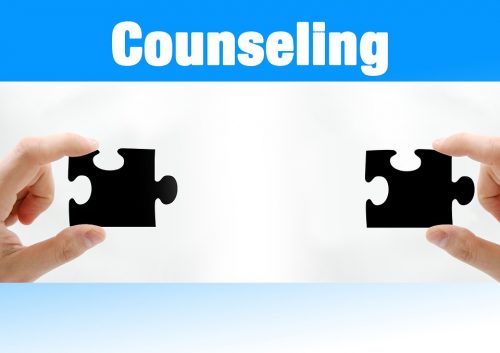
Now What?
Now that we have established that, what course of action should we take? Explore. Let us take this opportunity to explore this method to help contribute to a better, healthy state of mind. “Negative thoughts are just a part of life, but they don’t have to consume you. Instead of trying to ignore those thoughts altogether, try countering them with positive statements.” Licensed clinical psychologist John Mayer, Ph.D. said.
Yes, it is an endless chain of possibilities. Yes, different people think differently and cope differently. But these dissimilarities are what makes us similar. This is a proof that we are all unique–in our own special way. And that each and every uniqueness possessed by each and every one of us are equally important.
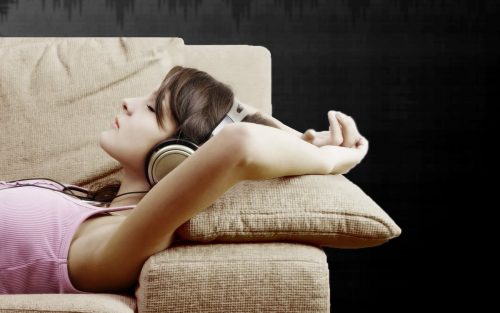





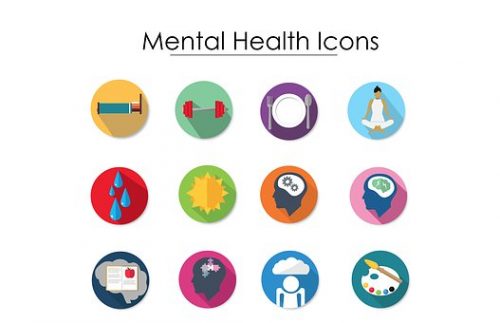 Source: pixabay.com
Source: pixabay.com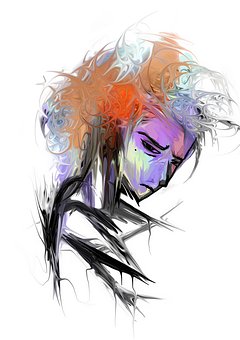 Source: pixabay.com
Source: pixabay.com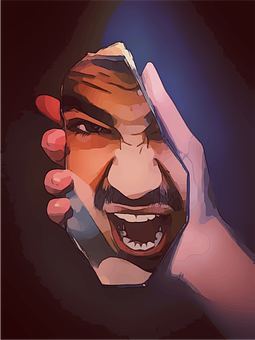 Source: pixabay.com
Source: pixabay.com